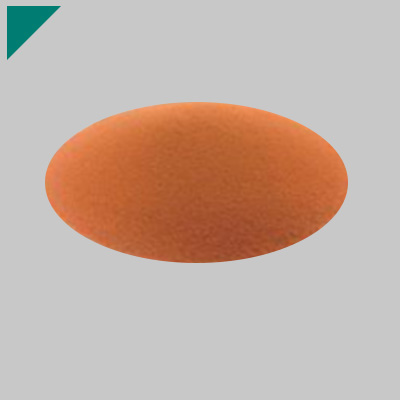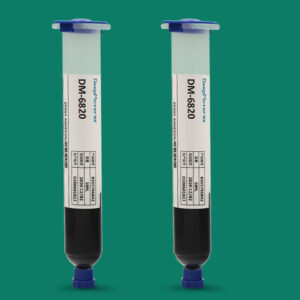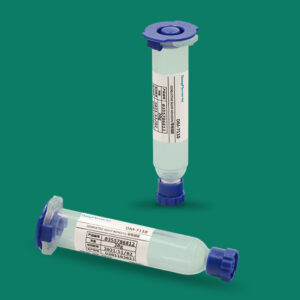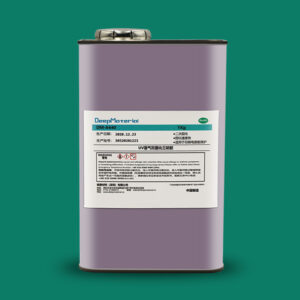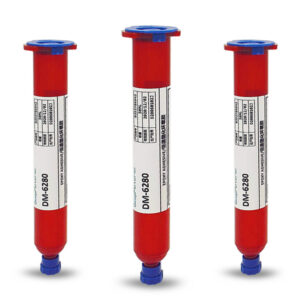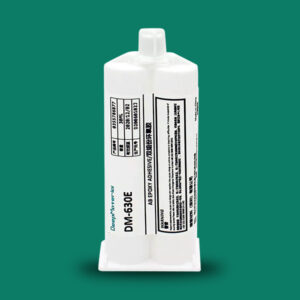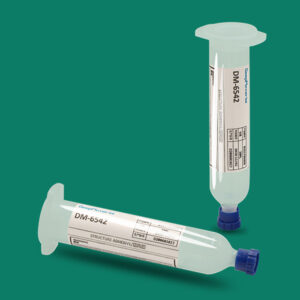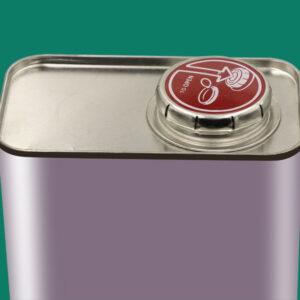Exploring the World of Epoxy Adhesive Manufacturers: Pioneers in Bonding Technology
Exploring the World of Epoxy Adhesive Manufacturers: Pioneers in Bonding Technology
Epoxy adhesives have become indispensable in various industries, offering exceptional bonding capabilities across multiple materials. From automotive to aerospace, construction to electronics, epoxy adhesives are crucial in joining, sealing, and reinforcing components. Behind these remarkable adhesives lie the innovative efforts of epoxy adhesive manufacturers who continually push the boundaries of bonding technology. In this article, we delve into the world of epoxy adhesive manufacturers, exploring their advancements, challenges, and contributions to various sectors.
The Evolution of Epoxy Adhesive Technology
Epoxy adhesives, renowned for their strength, durability, and versatility, have a rich history dating back to the mid-20th century. The development of epoxy resins as adhesives can be traced back to the 1940s when scientists discovered the bonding properties of epoxy compounds. However, it wasn’t until the 1950s and 1960s that epoxy adhesives gained widespread commercial use, particularly in aerospace and military applications.
Over the decades, epoxy adhesive technology has undergone significant advancements driven by manufacturers’ continuous research and development efforts. These advancements have led to the formulation of epoxy adhesives with tailored properties, such as improved strength, flexibility, chemical resistance, and cure times, to meet the diverse needs of end-users.
Key Players in the Epoxy Adhesive Market
The epoxy adhesive market is characterized by various manufacturers, ranging from multinational corporations to specialized chemical companies. Some of the key players in this market include:
- Henkel AG & Co. KGaA:As one of the world’s leading adhesive manufacturers, Henkel offers a comprehensive range of epoxy adhesives under brands such as Loctite and Teroson. With a focus on innovation and sustainability, Henkel continues introducing new formulations and technologies to address evolving market demands.
- 3M Company:Renowned for its adhesive solutions, 3M is a prominent player in the epoxy adhesive market. The company’s portfolio includes epoxy adhesives for structural bonding, potting, and encapsulation applications. 3M’s commitment to research and development ensures the continuous improvement of its epoxy adhesive offerings.
- Huntsman Corporation:Huntsman is a global leader in specialty chemicals, including epoxy resins and adhesives. With a strong emphasis on product performance and customer support, Huntsman delivers high-quality epoxy adhesive solutions for industries such as aerospace, automotive, and electronics.
- Sika AG:Sika is a leading provider of construction chemicals, including epoxy adhesives, for structural bonding and repair applications. The company’s innovative solutions address the challenges of modern construction projects, enhancing durability, efficiency, and sustainability.
- Permabond Engineering Adhesives:Specializing in engineering adhesives, Permabond offers a wide range of epoxy adhesives for industrial applications. From high-temperature-resistant formulations to rapid-curing adhesives, Permabond’s products cater to diverse industry needs, focusing on performance and reliability.
These are just a few examples of the many manufacturers contributing to the epoxy adhesive market. Beyond these industry giants, numerous smaller companies and startups are also making significant strides in epoxy adhesive technology, bringing innovation and competition to the market.
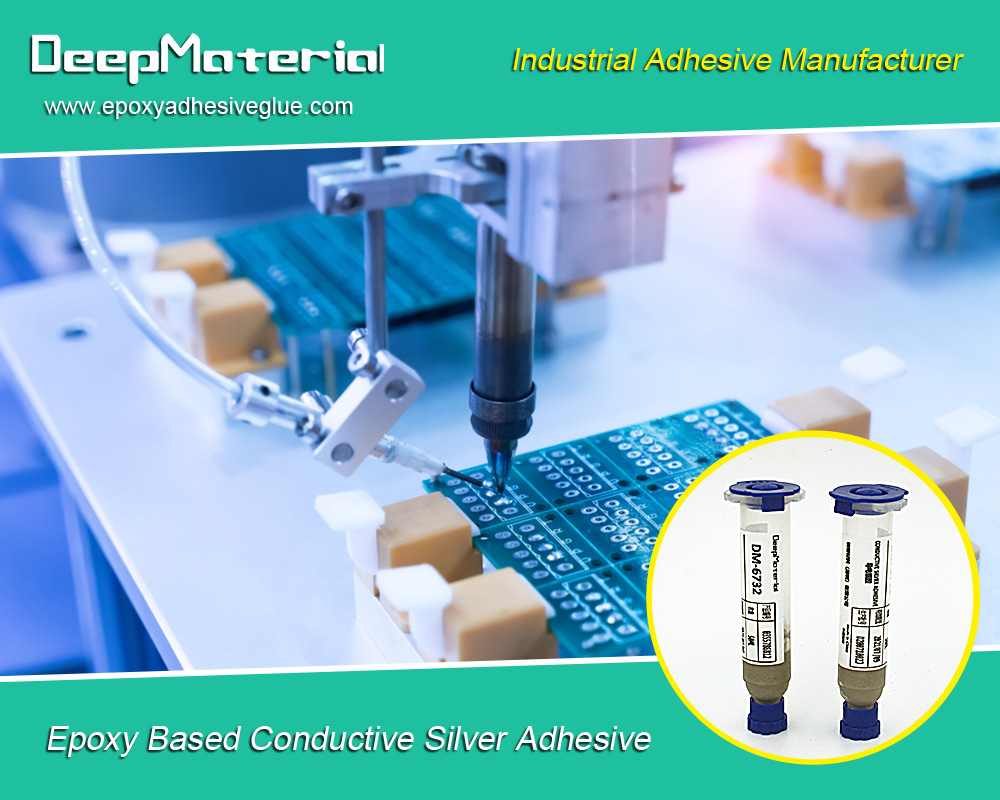
Innovations Driving the Industry Forward
The field of epoxy adhesive manufacturing is marked by a constant drive for innovation, with manufacturers continuously seeking to enhance product performance, sustainability, and ease of use. Some notable innovations driving the industry forward include:
- Nanoengineered Formulations:Manufacturers are incorporating nanotechnology into epoxy adhesive formulations to improve mechanical properties, such as strength, toughness, and adhesion. Nanoengineered additives enhance the performance of epoxy adhesives, making them suitable for demanding applications in aerospace, automotive, and electronics.
- Bio-based Epoxy Resins:In response to growing environmental concerns, manufacturers are exploring using bio-based epoxy resins derived from renewable sources such as plant oils and sugars. These bio-based resins offer a more sustainable alternative to traditional petroleum-based epoxy resins, reducing the environmental footprint of epoxy adhesives without compromising performance.
- Innovative Adhesive Systems:Advancements in materials science and electronics have paved the way for the development of intelligent adhesive systems capable of sensing and responding to changes in their environment. These adaptive adhesives offer potential applications in structural health monitoring, self-healing materials, and wearable electronics, revolutionizing how we think about bonding technology.
- 3D Printing with Epoxy Resins:Additive manufacturing, mainly 3D printing, has emerged as a transformative technology in producing epoxy-based components. Manufacturers are leveraging the unique properties of epoxy resins to create complex, lightweight structures with high precision and customization. 3D printing with epoxy resins opens up new possibilities in product design, prototyping, and manufacturing across various industries.
Challenges and Opportunities
While epoxy adhesive manufacturers have made significant strides in advancing bonding technology, they also face various challenges in meeting customers’ evolving needs and addressing emerging market trends. Some of the critical challenges and opportunities in the industry include:
- Environmental Sustainability:With increasing regulatory scrutiny and consumer demand for eco-friendly products, manufacturers are pressured to develop epoxy adhesives with reduced environmental impact. This includes minimizing hazardous chemicals, optimizing production processes, and exploring renewable raw materials.
- Customization and Tailored Solutions:As industries become more specialized and demanding, there is a growing need for epoxy adhesive formulations tailored to specific applications and performance requirements. Manufacturers offering customized solutions and providing technical support to customers will have a competitive advantage in the market.
- Digitalization and Industry 4.0:Adopting digital technologies, such as artificial intelligence, automation, and data analytics, presents opportunities for epoxy adhesive manufacturers to optimize production processes, improve product quality, and enhance supply chain efficiency. Embracing digitalization can enable manufacturers to stay agile and responsive in a rapidly changing business landscape.
- Global Supply Chain Dynamics:Epoxy adhesive manufacturers are subject to the complexities of global supply chains, including raw material sourcing, transportation logistics, and geopolitical factors. Disruptions such as natural disasters, trade disputes, and pandemics can impact supply chain resilience and affect the availability and pricing of critical materials.
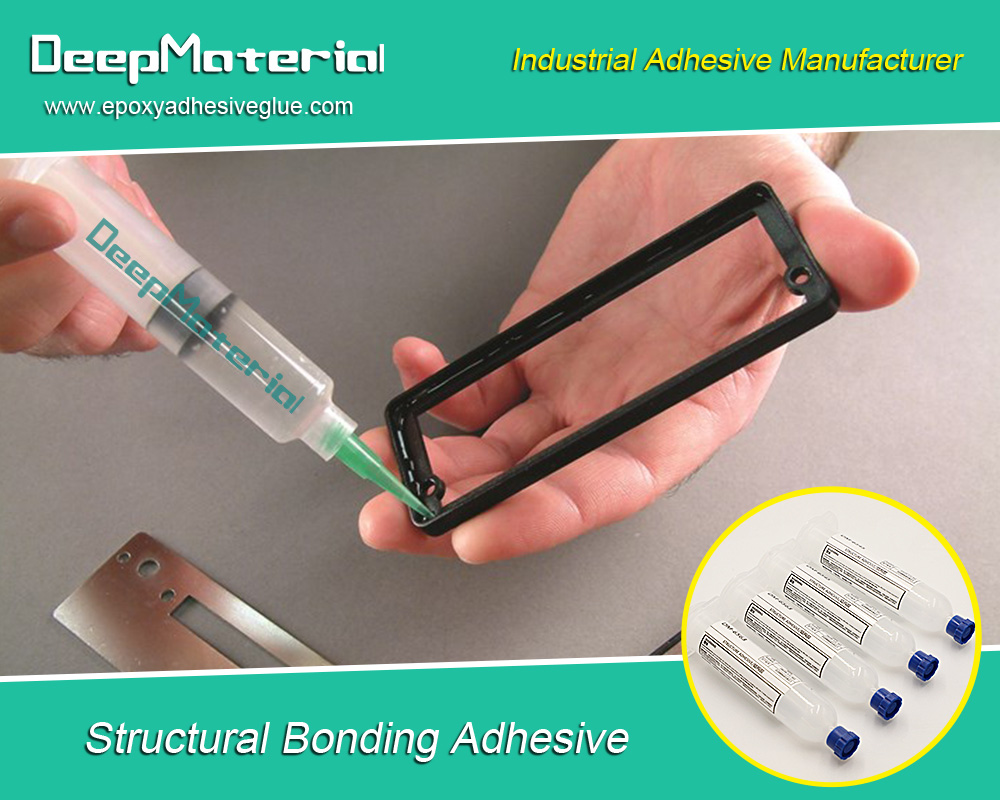
Conclusion
Epoxy adhesive manufacturers play a vital role in driving innovation and advancement in bonding technology, contributing to product efficiency, reliability, and sustainability across various industries. Through continuous research and development efforts, these manufacturers strive to meet customers’ evolving needs, address environmental challenges, and unlock new opportunities for growth and innovation. As the demand for high-performance adhesives grows, epoxy adhesive manufacturers will remain at the forefront of technological innovation, shaping the future of bonding solutions for years.
For more about exploring the world of epoxy adhesive manufacturers: Pioneers in Bonding Technology, you can pay a visit to DeepMaterial at https://www.epoxyadhesiveglue.com/category/epoxy-adhesives-glue/ for more info.



